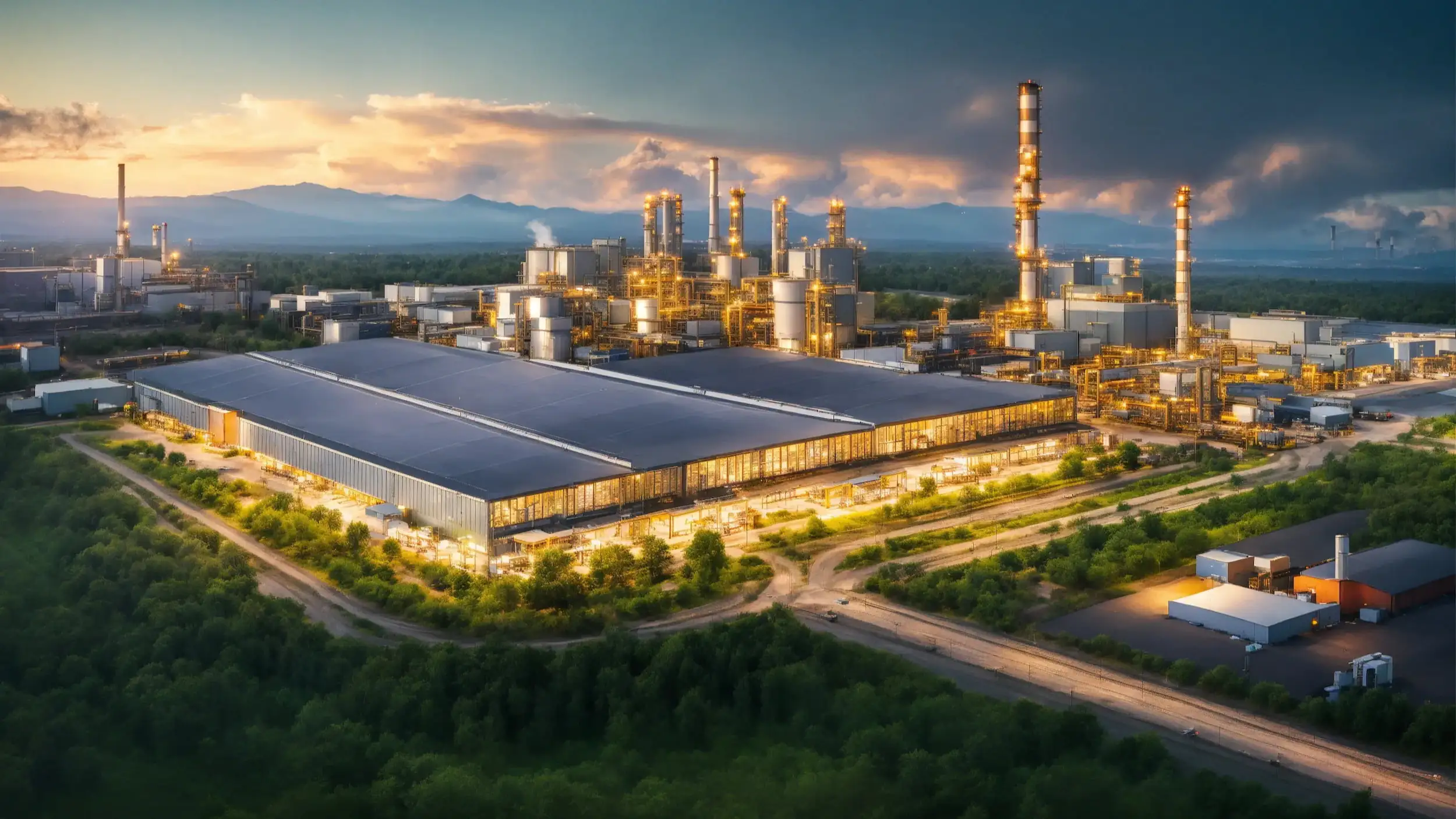Hydrocarbon Technology in the MENA Region: From Tradition to Innovation
Hydrocarbon technology refers to advanced methods for processing and converting oil and gas into valuable products with minimal environmental impact. In the MENA region, where oil and gas have long been economic pillars, this technology is evolving to meet modern demands for efficiency and sustainability.
One of the experts involved in the preparation of the material, Christian Zeron, Partner and Creative Director at LMFNYC, shares his opinion:
“In my estimation, the future of hydrocarbon technology in the decade ahead will be shaped by a fierce drive towards decarbonization. The world is shedding the “drill and burn” ethos and emerging towards a view of hydrocarbons as a strategic, though transitional, energy source. Production volume growth will be less emphasized, and more focus will be on creating technologies that reduce the carbon footprint per barrel. Adoption rates for Carbon Capture, Utilization, and Storage (CCUS) technologies will spike on both regulatory and economic triggers. The International Energy Agency (IEA) has identified that CCUS capacity needs to increase 100 times by 2050 to deliver on net-zero objectives. This is no longer hypothetical, but a critical path.
The most significant emerging trend that I see is the widespread adoption of artificial intelligence (AI) and machine learning across the entire hydrocarbon value chain. From analyzing seismic data and modeling the reservoir to optimizing refinery performance and predicting equipment failure, AI is transforming the way we work. For example, AI programs can analyze massive data sets and identify new reserves with a success rate significantly higher than traditional methods. In processing, AI can improve energy efficiency in a refinery by as much as 15%, leading to substantial cost savings and reduced emissions. Modular and distributed processing is another significant shift we are seeing, which enables more efficient localized production and minimizes the need for a massive centralized facility.”
Applications of Hydrocarbon Technology in MENA
Hydrocarbon technology is being applied across various sectors in the MENA region:
- Energy Production: Enhancing the efficiency of oil and gas extraction processes, reducing waste, and lowering emissions. For instance, the UAE’s ADNOC has implemented advanced technologies to optimize oil recovery and minimize environmental impact.
- Petrochemicals: Producing high-quality chemicals and plastics with reduced energy consumption. Saudi Arabia’s SABIC is a leader in integrating hydrocarbon technology to produce sustainable materials.
- Environmental Management: Utilizing hydrocarbon by-products for energy generation and reducing flaring. Qatar’s QP has developed systems to convert gas flaring into usable energy, contributing to environmental conservation.
- Carbon Capture and Storage (CCS): Implementing CCS technologies to capture CO₂ emissions from hydrocarbon processing. Kuwait’s Clean Energy Project aims to reduce carbon emissions through advanced CCS techniques.
Benefits for the MENA Region
- Economic Efficiency: Maximizing output from existing oil and gas reserves, ensuring continued economic growth.
- Environmental Sustainability: Reducing emissions and minimizing ecological footprints, aligning with global sustainability goals.
- Technological Leadership: Positioning MENA countries as leaders in energy innovation and attracting international investments.
- Job Creation: Developing new industries and skill sets, providing employment opportunities for the growing youth population.
Challenges and Considerations
- High Initial Investment: Implementing advanced hydrocarbon technologies requires significant capital expenditure.
- Technical Expertise: Developing and maintaining cutting-edge technologies necessitates skilled professionals and training programs.
- Regulatory Frameworks: Establishing policies and regulations that support innovation while ensuring environmental protection.
- Market Dynamics: Navigating global oil price fluctuations and their impact on the viability of new technologies.
The Role of Hydrocarbon Technology in MENA’s Energy Transition
As the MENA region diversifies its energy portfolio, hydrocarbon technology plays a crucial role in the transition to cleaner energy sources. By integrating renewable energy with advanced hydrocarbon processing, countries like Saudi Arabia and the UAE are setting ambitious goals for sustainable energy production.
For example, Saudi Arabia’s Vision 2030 includes plans to reduce dependence on oil by investing in renewable energy and developing technologies that enhance the efficiency of hydrocarbon resources. Similarly, the UAE’s commitment to sustainability is evident in projects like Masdar City, which combines renewable energy with smart infrastructure.
Looking Ahead
The future of hydrocarbon technology in the MENA region is promising, with ongoing investments in research and development. By embracing innovation and sustainability, MENA countries can continue to lead in global energy markets while contributing to a greener planet.
